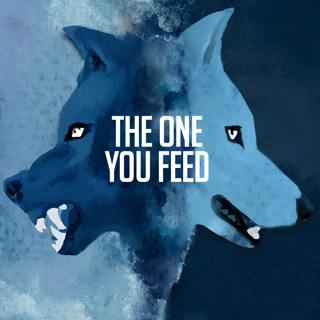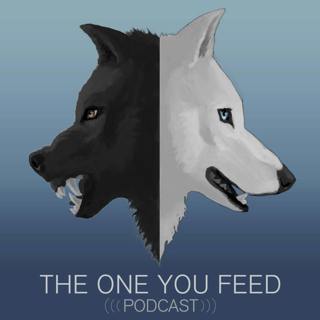
Finding Meaning Through Caregiving, Loss, and Writing with Nickolas Butler
In this episode, Nickolas Butler explores finding meaning through caregiving, loss, and writing. At just 20 years old, Nick became his father’s legal guardian after a sudden brain aneurysm — a role he...
1 Aug 20251h 11min

How to Quiet the Inner Critic and Finally Get Unstuck with Michelle Chalfant
In this episode, Michelle Chalfant explores how to quiet the inner critic and finally get unstuck. She has spent 25 years developing practical tools for working with what she calls the other wolf. Mic...
29 Juli 20251h 4min

From Divorce to Discovery: Nature’s Wisdom for Life’s Transitions with Lyanda Haupt
In this episode, Lyanda Haupt shares her journey from divorce to discovery and nature's wisdom for life's transitions. She challenges everything you might think you know about hope, about walking bare...
25 Juli 20251h 11min

Why We Resist Change (and What to Do About It) with Ross Ellenhorn
In this episode, Ross Ellenhorn explores the complexities of why we resist change and what to do about it. As Ross explains in this conversation, “staying the same protects you from the insult of smal...
22 Juli 20251h

How to Create Change at Work Without Losing Yourself with Melody Wilding
In this episode, Melody Wilding discusses how to create change at work without losing yourself. She challenges the idea that you’re powerless at work, even in tough cultures. If you’ve ever wondered h...
18 Juli 20251h 9min

Can Radical Hope Save Us from Despair in a Fractured World? with Jamie Wheal
In this episode, Jamie Wheal explores the question of “Can radical hope save us from despair in a fractured world?” He argues that most of the feel-good positivity we are sold is useless when facing r...
15 Juli 20251h 8min

Is Stress Speeding Up Your Aging? What You Can Do About It Today with Elissa Epel
In this episode, Elissa Epel explores how stress can speed up aging and what you can do about it. She explains telomeres, which are those protective caps on our chromosomes, shorten with stress and po...
11 Juli 202539min

From “Why Me?” to “What Now?”: A New Approach to Pain and Growth with Scott Barry Kaufman
In this episode, Scott Barry Kaufman challenges us to go from asking ourselves “Why Me?” to “What Now?” as he unpacks a new approach to pain and growth. Scott explains how the real work happens in the...
8 Juli 20251h 2min






















